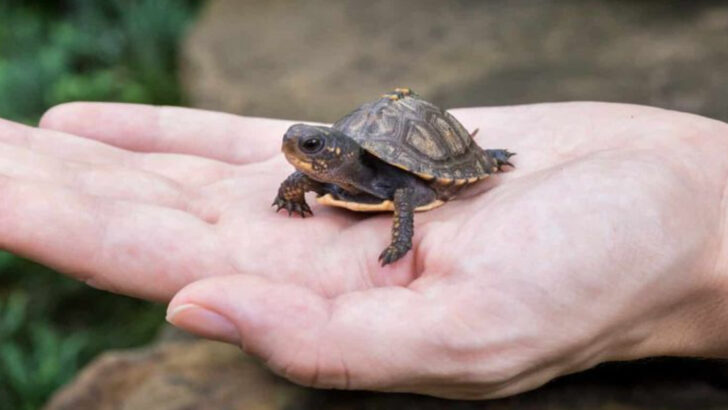You can buy them at pet stores. You’ve seen them in homes. But in many U.S. states—they’re completely illegal. From cuddly hedgehogs to squeaky sugar gliders, some of the most beloved pets are banned in entire regions. Why? The reasons range from disease risks and escape potential to fears of ecological chaos. Think your pet hamster is harmless? Not in Hawaii. Love ferrets? Better not bring one to California. The rules are stranger than you’d expect—and some of these animals are outlawed in places you’d never guess. Here are 12 surprisingly common pets that are causing a legal stir across the country.
Ferrets

Ferrets are known for their energetic antics and playful demeanor. However, they’re illegal in California, Hawaii, New York City, and Washington D.C. due to their potential to spread diseases and escape into the wild. These small, furry creatures have become a point of contention for animal control authorities. In these areas, concerns about their impact on local ecosystems and biodiversity have led to strict regulations. Interestingly, ferrets were once used for hunting rabbits in Europe—a practice known as ‘ferreting.’ Today, they are cherished companions in many homes, albeit with caution in certain U.S. regions.
Hedgehogs
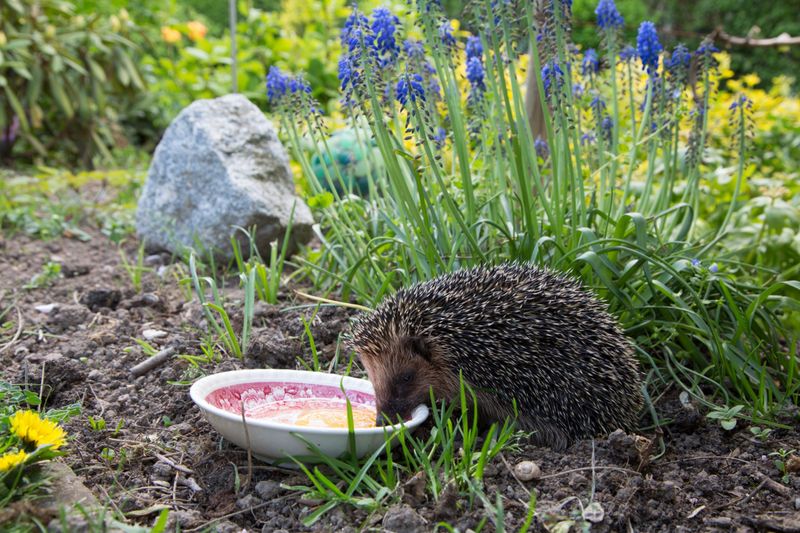
Hedgehogs, with their charmingly spiky appearance, face legal restrictions in places like California, Georgia, Hawaii, Pennsylvania, New York City, and D.C. Authorities worry about their potential to transmit diseases and disrupt ecological balance. These tiny creatures, often found in hedgerows in the wild, have become beloved pets. Their nocturnal nature and unique look make them fascinating companions. Despite their ban in several states, hedgehogs have maintained a fan base among pet enthusiasts who appreciate their quirky and independent spirits.
Sugar Gliders
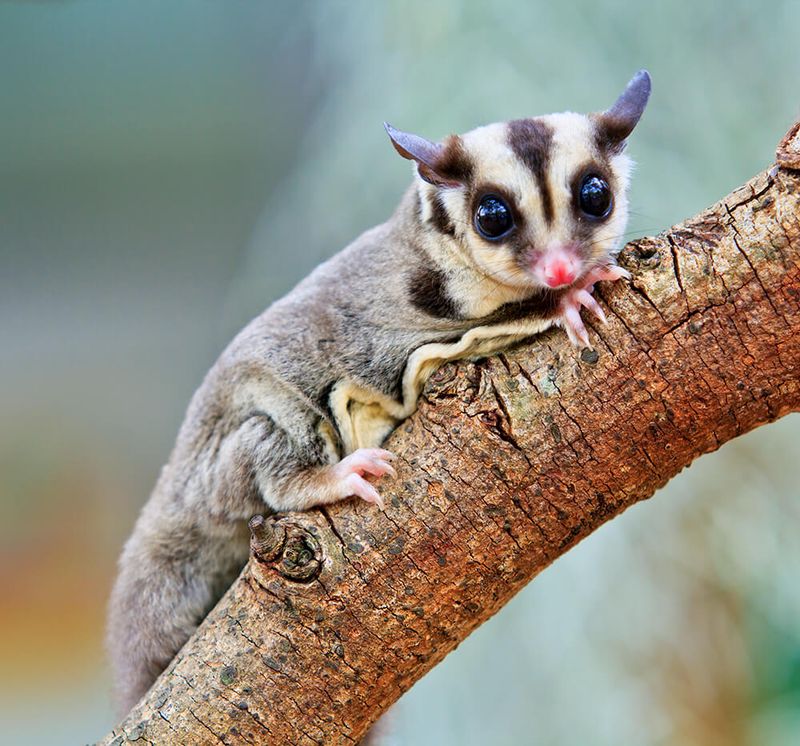
Sugar gliders, with their enchanting ability to glide through the air, are banned in Alaska, California, Hawaii, Pennsylvania, and cities like New York City and St. Paul. These nocturnal marsupials captivate with their unique gliding abilities and social nature. Yet, their potential to disrupt local wildlife and carry diseases has led to their restricted status. Native to Australia, sugar gliders require special care and environments that mimic their natural habitats, a challenge in non-native regions. Despite these restrictions, they remain a popular choice for those seeking an exotic pet experience.
Gerbils
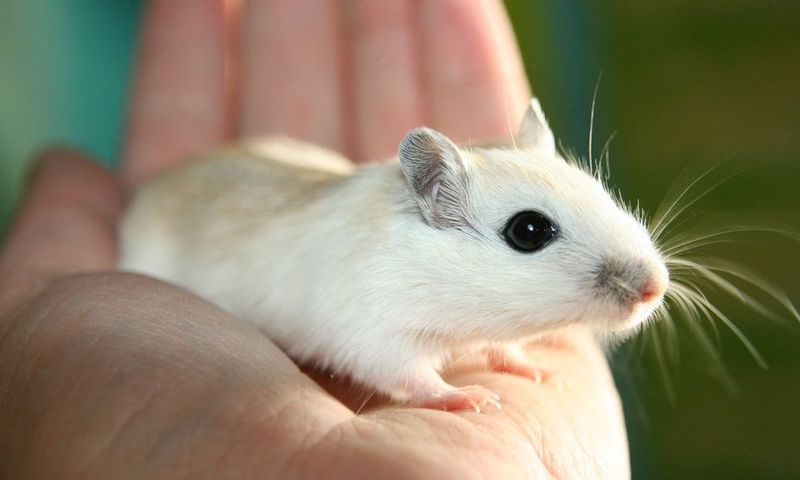
Gerbils are charming, small rodents known for their sociable nature and playful antics. However, in California and Hawaii, they are banned due to fears they could establish wild populations if they escape. These agile creatures thrive in environments with plenty of tunnels and space to explore. Originating from the deserts of Mongolia, gerbils have adapted well as pets but pose a threat to local ecosystems if introduced. Their ban in these states reflects a precautionary approach to preventing ecological imbalances, ensuring native species remain protected from potential competition.
Hamsters
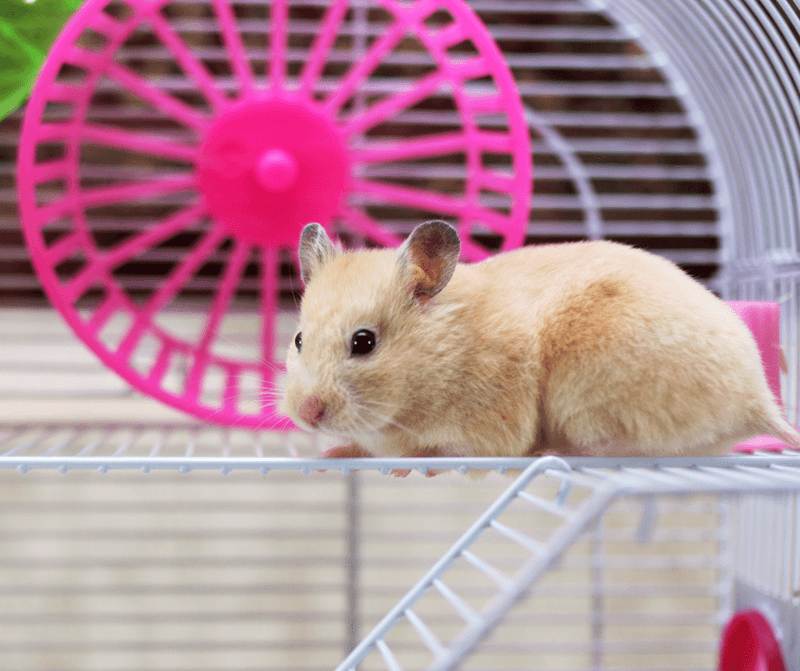
Hamsters, those tiny titans of tunnel-digging, find themselves banned in Hawaii. The tropical climate raises concerns about them becoming invasive, potentially disrupting local ecosystems. These small rodents are known for their cheek-pouch-stuffing habits and delightful burrowing behaviors. Despite their ban in Hawaii, hamsters are popular across the globe for their ease of care and endearing antics. Their nocturnal lifestyle appeals to those who enjoy observing animals during the evening hours. This ban ensures the delicate balance of Hawaii’s unique flora and fauna remains undisturbed by these furry adventurers.
Monk Parakeets
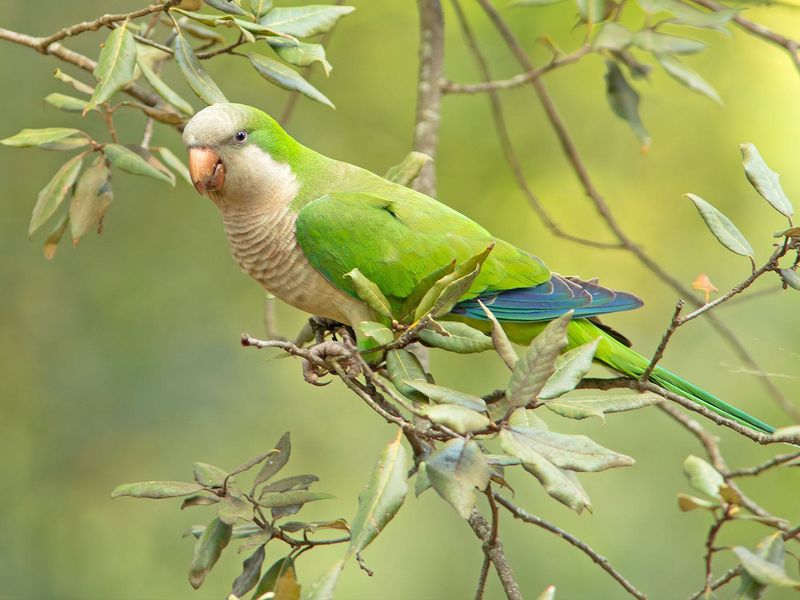
Monk parakeets, or Quaker parrots, are vibrant birds banned or restricted in several states like California, Colorado, and New York. Known for their communal nesting habits, these birds can become agricultural pests, leading to crop damage. Their ability to build large, insulated nests on power lines poses risks to infrastructure and local wildlife. These social creatures thrive in flocks, engaging in lively interactions and mimicking human speech. Despite restrictions, monk parakeets are adored for their colorful plumage and charming personalities, though their presence challenges human and ecological systems in certain areas.
Hybrid Cats

Hybrid cats, such as Bengals, captivate with their exotic appearance and wild ancestry. However, they face restrictions in states like Hawaii, Connecticut, and New York due to concerns about their wild heritage and potential behavior issues. These cats are bred from domestic cats and wild feline species, resulting in their unique spotted coats and energetic personalities. They require ample space and stimulation to thrive, characteristics that can be challenging in urban settings. Despite the allure of owning such a distinctive pet, legal limitations ensure safety and ecological stability in various locales.
Venomous Reptiles
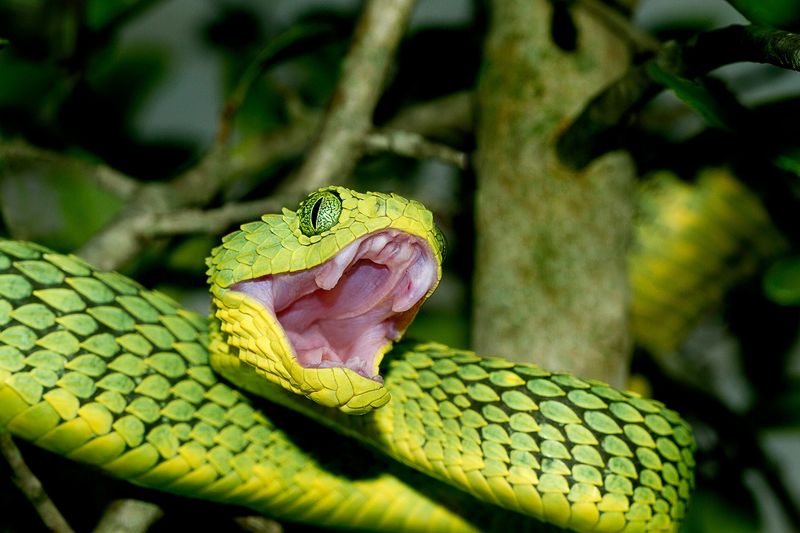
Venomous reptiles, encompassing snakes and lizards, are banned in many states—over 19—due to public safety concerns. Their venom poses significant risks to humans and pets alike. Enthusiasts often admire these reptiles for their striking appearances and intriguing behaviors. However, proper handling and care are crucial to prevent accidents. States imposing these restrictions aim to protect residents and native wildlife from potential threats. Despite their fascinating allure and the dedicated communities that appreciate them, venomous reptiles remain controversial pets, with regulations reflecting a commitment to public safety and ecological integrity.
Turtles (shell < 4″)
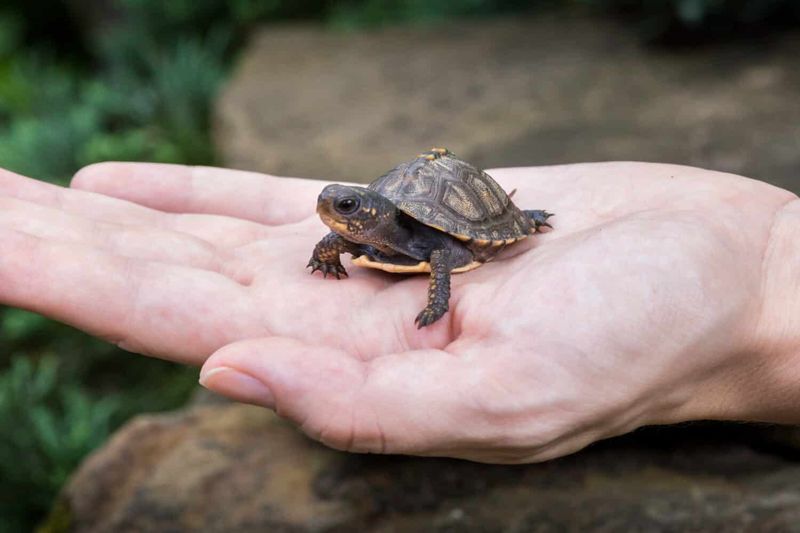
Turtles with shells less than 4 inches face a federal sales ban due to the risk of salmonella transmission, with some states enforcing complete bans. These miniature reptiles are often sought for their manageable size and serene nature. Their peaceful demeanor and longevity make them appealing companions, yet the health risks associated with them necessitate legal limitations. For those states enforcing stricter bans, the goal is to ensure public safety, especially for children who might not be aware of the risks. Despite these challenges, turtles continue to enchant reptile enthusiasts worldwide.
Wolves & Wolf-Dog Hybrids

Wolves and wolf-dog hybrids, embodying the untamed spirit of the wild, are outlawed in many states including Alaska, Connecticut, and New York. These animals, while captivating, present challenges due to their unpredictable nature and potential to harm humans and domestic animals. Their complex social structures and needs often go unmet in typical home environments, leading to behavioral issues. The allure of owning a creature that bridges the wild and domestic world is tempered by legal restrictions that prioritize public safety and animal welfare, ensuring they remain protected and understood.
Miniature Pigs
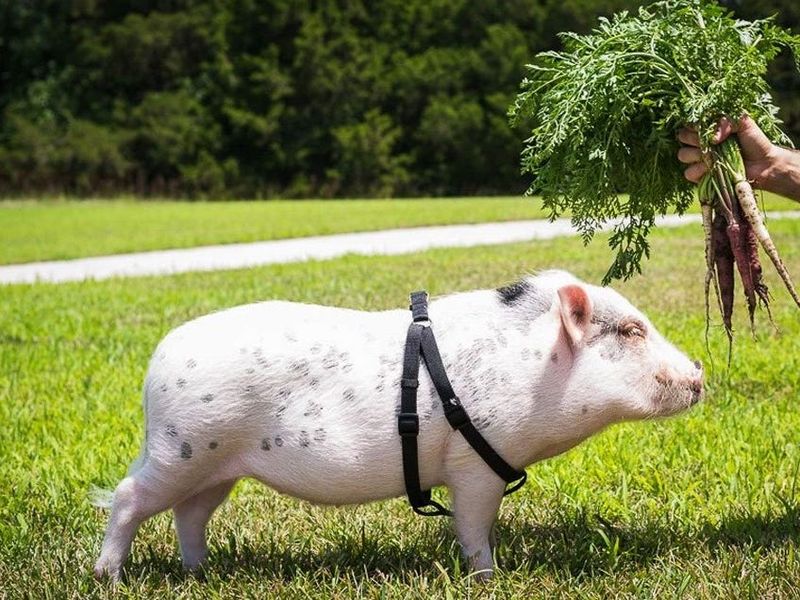
Miniature pigs, with their inquisitive snouts and charismatic personalities, encounter bans in many cities and counties. Often classified as livestock, these pigs can grow larger than expected, causing challenges in urban settings. Concerns about their potential as disease carriers, including rabies, contribute to their restricted status. Despite these hurdles, miniature pigs are beloved for their intelligence and affectionate nature. Known for their ability to learn tricks and form strong bonds with humans, they find homes in places that accommodate their specific needs and legal allowances, navigating the fine line between pet and livestock.
African Clawed Frogs
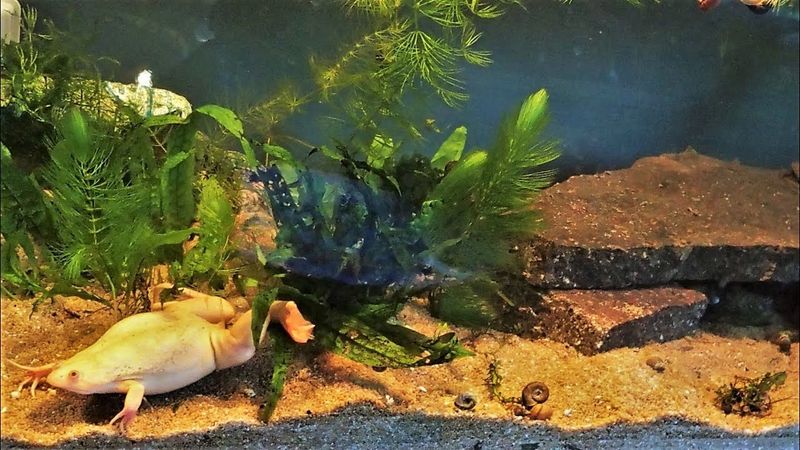
African clawed frogs, notorious for their invasive tendencies, are illegal to own without a permit in states like California, Kentucky, and Hawaii. These aquatic amphibians are known for their robust adaptability and voracious appetites, often outcompeting native species. Their presence can significantly alter aquatic ecosystems, prompting legal measures to control their spread. Originating from Africa, these frogs have captivated hobbyists with their unique appearance and lively behaviors. However, their potential to disrupt local habitats necessitates stringent regulations to preserve ecological balance, ensuring native species remain undisturbed by these proficient invaders.

